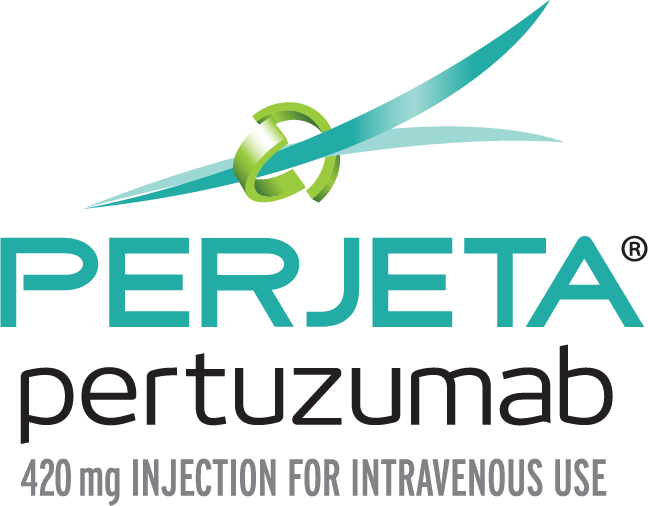*Unless side effects become too difficult to manage, or the cancer comes back sooner.
You should receive a total of 1 year (up to 18 cycles) of treatment with PERJETA and Herceptin. This includes any PERJETA and Herceptin you may have been given before surgery. Your treatment may be stopped sooner if your side effects become too difficult to manage or if the cancer comes back.
You will also be given chemotherapy; the dosing schedule and number of cycles will depend on which type of chemotherapy you receive. Your doctor will decide what chemotherapy regimen is right for you. Although a complete course of PERJETA + Herceptin-based therapy is a full year, chemotherapy is typically stopped sooner.
Cycle: A course of treatment that is repeated on a regular schedule with periods of rest in between. For example, PERJETA + Herceptin is given once every 3 weeks. That is one cycle.

